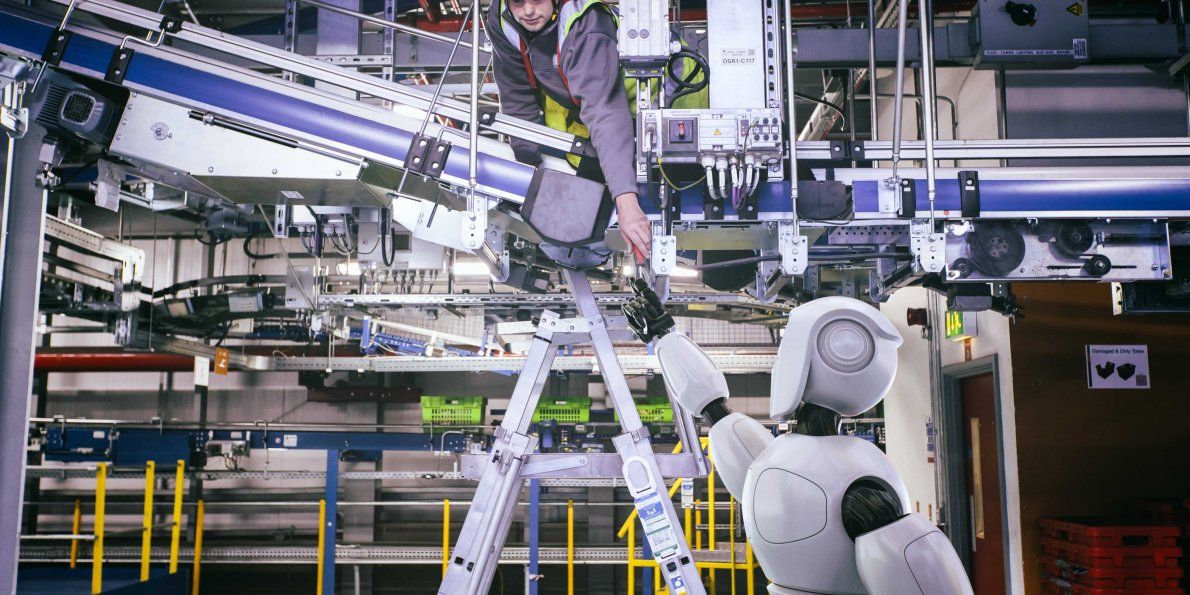I believe it is wonderful to think about cognitive computing. However, as a fellow CIO & CTO, I would suggest a key priority has to be focused on Cyber Security until it is resolved; or in a better position to proactively blocker would be intruders. Without a solid Cyber Security plan and model in place and operational; your cognitive computing capabilities will be worth nothing in the end once hackers are helping themselves to your IP and other information as well as your AI machines.
The news comes from the recent IBM Institute for Business Value study, “Redefining Competition: Insights from the Global C-suite Study — The CEO perspective.” Researchers interviewed more than 5,000 C-level executives worldwide about their perspectives on a variety of technology issues, including the importance of mobile solutions, cloud ![]() computing, and the Internet of Things.
computing, and the Internet of Things.
Torchbearers and Market Followers.
Cognitive computing, which involves developing computing resources that are capable of mimicking the way human brains work to tackle increasingly complex problems, emerged as one of the most important issues likely to confront business executives in the near future.








